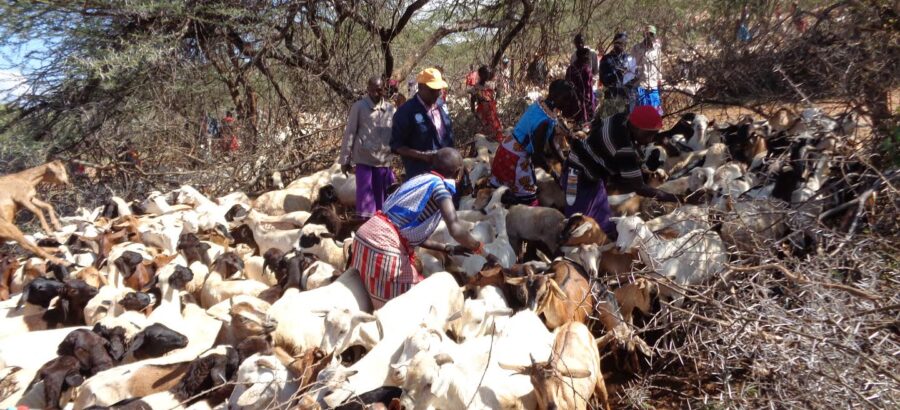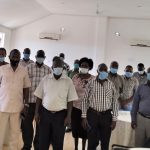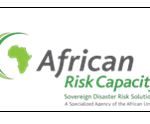Introduction
The Support for Effective Cooperation and Coordination of Cross-border Initiatives (SECCCI) Project, funded by the European Union (EU) and jointly implemented by UNDP, IGAD, UNEP and implementing partners (IPs), in Southwest Ethiopia and Northwest Kenya (South Omo-Turkana Cluster I), Marsabit-Borana and Dawa (Moyale-Marsabit Cluster II) and Kenya-Ethiopia-Somalia (Mandera Cluster III), is designed to provide technical support to the national governments of Ethiopia, Kenya and Somalia at both national and regional/county levels.
The region is vulnerable to extreme climatic conditions and their impacts such as drought, crop failure, consequent food insecurity, migration in search of pasture and water, displacement as well as outbreaks of animal diseases which are particularly worrying, given the fact that livelihoods of majority of the region’s population depends on rain-fed agriculture and pastoralism, and that conflicts over natural resources such as pasture and water have been recurring. The region also experiences significant levels of migration, both forced (triggered by conflicts, disasters and other types of instability) and voluntary (triggered by lack of economic opportunities), with high poverty levels, low literacy and youth unemployment often manifested.
Pastoralism, considered both an economic and social system, is highly dependent on raising and herding of livestock, which are core to pastoral livelihoods. Livestock production is essential for diversified income sources and maintenance of soil fertility, in addition to the contribution that animal-sourced foods provide, not just to children’s growth and health, but also to their cognitive development. The livestock production system in the region is predominantly extensive and in the arid and semi-arid lands that have long characterized the borderlands of Ethiopia, Kenya and Somalia.
Local cross-border communities are dependent upon subsistence agriculture, livestock production, fishing and food gathering, all of which are threatened by environmental degradation. Development of key training courses on animal production and animal diseases control will greatly help enhanced traditional practice, and introduction of suitable technologies will have potential to enhance pastoral livelihoods, livestock production and TADs control in the cluster.
Workshop Objectives
- To validate draft study and training manual reports on animal production, TADs control and commodity value chain in the SECCCI cluster 1, 2 and 3;
- To incorporate comments and inputs received into the documents, compile and submit them to the SECCCI project in IGAD and UNDP;
- To deliberate on future use of the training manual to further develop capacities of the cross-border pastoral and agro-pastoral communities.
The virtual validation workshop was held on 1st September 2020 with 31 participants. After welcoming and opening remarks from Dr. Gezahegn Aboset, SECCCI project Regional Coordinator, a detailed combined presentation on the study and training manual was given by Dr. Agol Kwai, the study reporter. This was followed with discussion during which useful points were raised with a recommendation that the raised points be incorporated into the two reports.
- The workshop felt that the module on Animal Health and TADs Control should include zoonoses and One Health issues such as (antimicrobial resistance) AMR and environmental health and wildlife as well.
- The study recommendation to Strengthen National Veterinary Services was influenced by the fresh PPR clinical cases in Kibish, Nyangatom, Marsabit and Borana Zone that were still being reported by the time the study was being undertaken in the cross-border areas, but the workshop felt that efforts being made by the County/Zonal authorities and VSF-Germany Omo Delta Project (ODP) consortium have not been appreciated. This particular recommendation will, therefore, be amended to capture those efforts.






